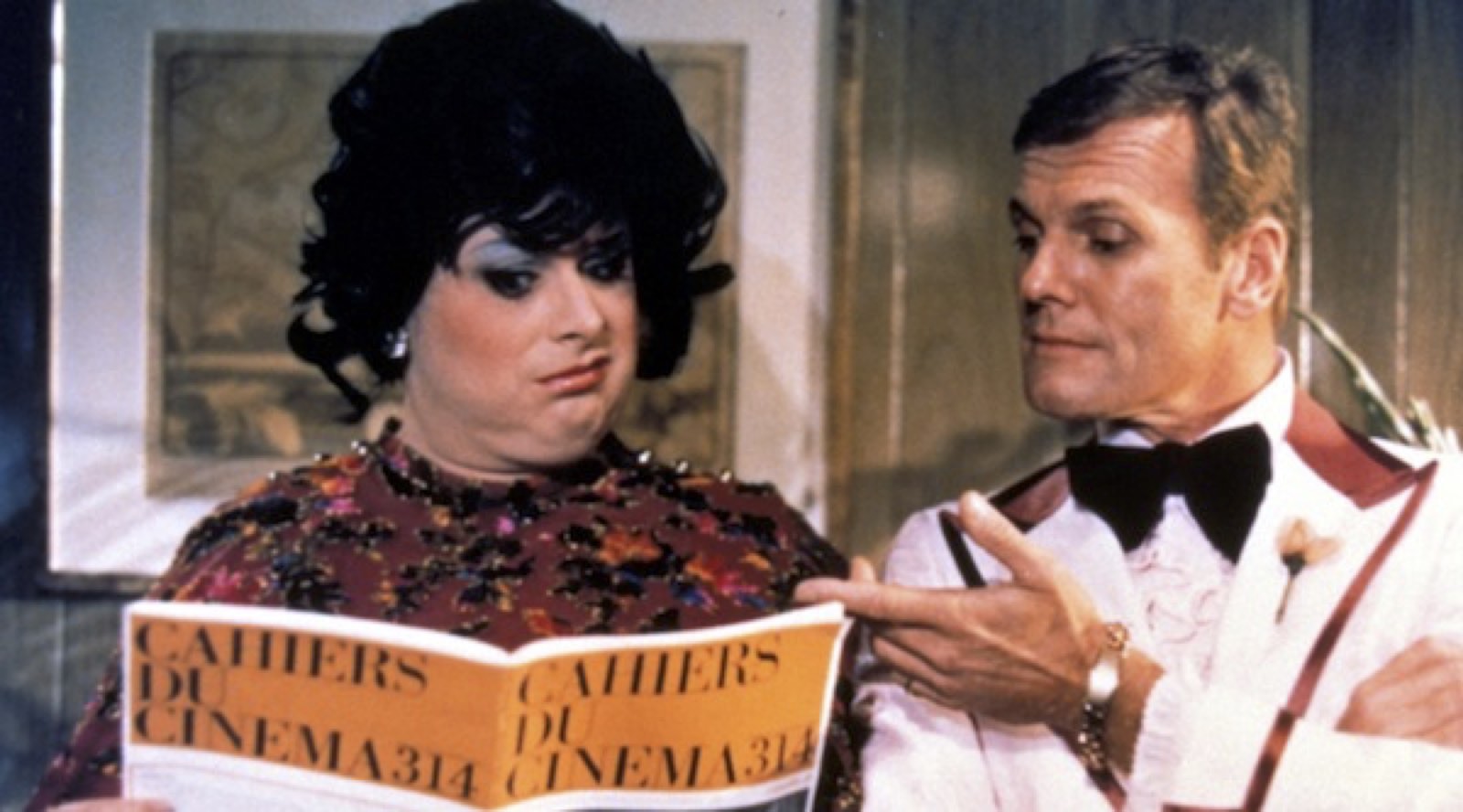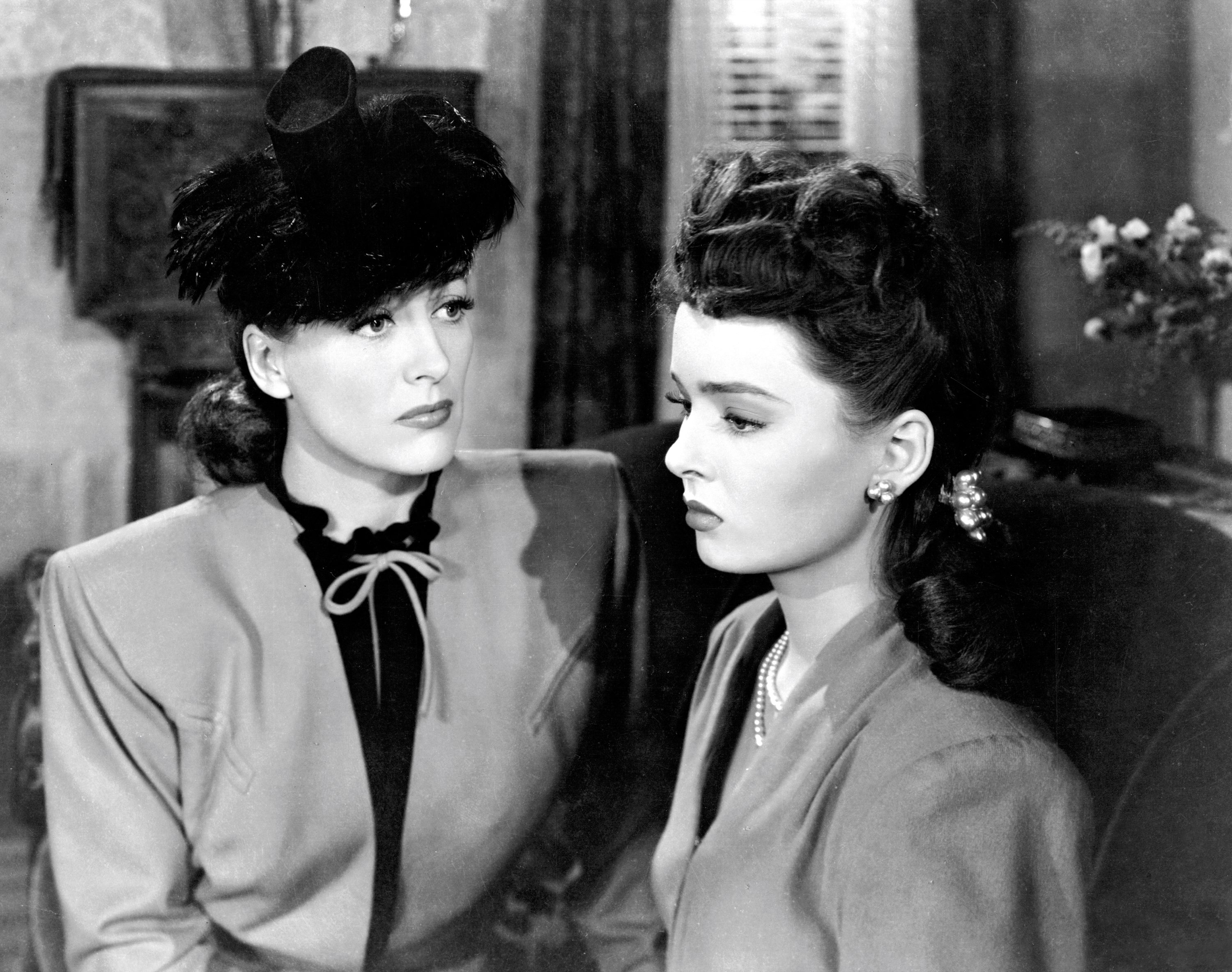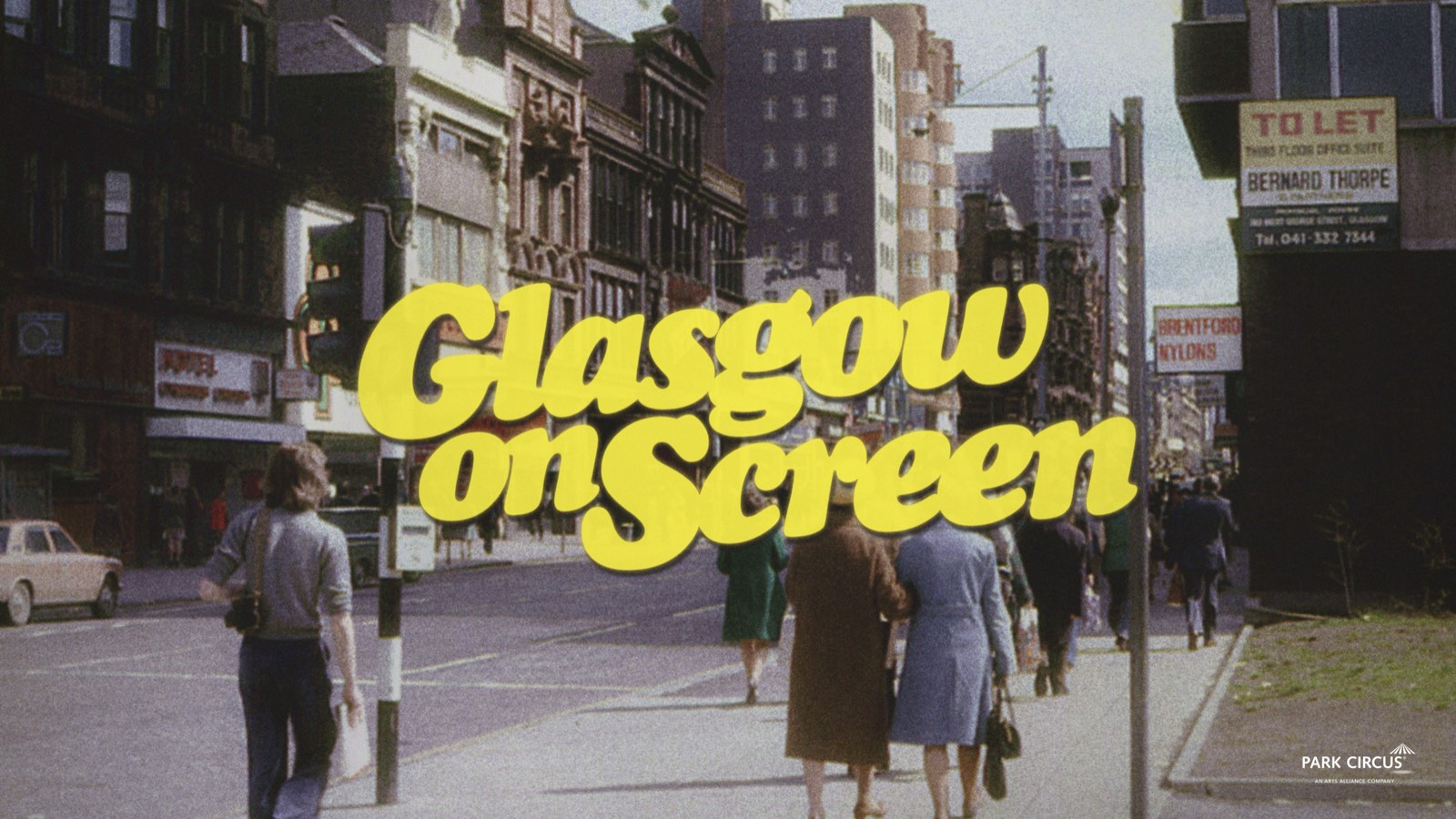

We are thrilled to be supporting the safe reopening of cinemas and to support them in doing so, we are taking a dive into our catalogue for a closer look at what some iconic films mean to all of us, and why.
As part of our Pride Month, when we are taking a deep dive into some of our favourite films that helped pave the way for positive LGBTQ+ representation in cinema, Elsa Padilla takes a Close Up look at John Waters' legendary cult classic Polyester, on the occasion of its 40th anniversary.
A bedroom in the suburbs. A woman in her bra and girdle gets ready in front of a mirror. She robotically works on her body: moisturizing, applying deodorant, trimming her eyebrows and nose-hairs. She slips into a white dinner dress and gloomily checks her weight on the scale. With this archetypal image of female discontent, we meet our protagonist, Francine, played by Divine. This distressed housewife, with an acute sense of smell, struggles to keep a clean and tidy home and a normal family living happily inside. Against her wishes, her husband owns a porn theatre, her teenage children are taking drugs and skipping school and her mother steals from her. Also, Francine is an alcoholic.
Mid-point in John Waters’ filmmaking years, after Desperate Living’s fairy tale of criminal lesbians (1978) and before Hairspray’s nostalgic dancing for racial justice (1988), rests Polyester (1981): a parody of melodrama and suburbia that pays homage to both William Castle and Douglas Sirk. The film has been dubbed as the perfect entry point to Waters' cinema for it encapsulates both the raucous spirit of his earlier films and the polished filmmaking of the latter ones. Polyester initiated a mainstreaming approach that has been described by Waters himself as an attempt to disseminate bad taste to a wider audience, “spreading the cancer to the shopping malls”.

But what if, this time, you could smell the bad taste? A film critic once wrote, “if you ever see Waters’ name on the marquee, walk on the other side of the street and hold your nose”, a warning meant to discourage audiences away from his grotesque cinematic transgressions. In Polyester, the filmmaker’s signature bad taste becomes an explicit sense thanks to Odorama, a new technology invented to attach smells to the audio-visual medium of cinema. Different from past olfactory systems that released smells through individual vents underneath the audience seats (Smell-O-Vision), or through the air conditioning system (AromaRama), Odorama used a scratch-and-sniff card that contained ten numbered pink circles. When their corresponding number flashes on the screen, the numbers are to be scratched and smelled.
Smelling farts (Odorama #2) is arguably more sophisticated than it originally seems, for it serves several purposes. First, the Odorama card invokes the power of sensational cinema, a lively, social and communal theatrical experience that involves a physical sense, olfaction, and engages the bodies of the spectators. Waters’ films, first successful as Midnight Movies, invite riotous laughter and are best experienced as communal events. Secondly, it pays homage to William Castle’s gimmicks- sophisticated artifices designed to elicit attention, such as throwing a flying skeleton across the theatre (House on Haunted Hill, 1959). Finally, through Odorama, bad taste materializes outside the screen, pervasively and invisibly, threatening with disgust and contagion. Even when the smells are pleasant, the tastefulness of Waters' suburbia is slightly jarring: the plastic artificiality of air-freshener and new car smell are fitting examples of what suburban housewife Francine considers tasteful. Consumerist and artificial, Polyester's suburbia stinks.

Polyester is the first film in which Waters’ bad taste properly encounters the American middle-class. While in previous films, such as Multiple Maniacs (1970), the characters inhabited a self-enclosed world of freaks, Polyester depicts the fears and anxieties of the normal American nuclear family and blows them out of proportion. For instance, that of the Farrah Fawcett-alike promiscuous daughter “who’s having an abortion and just can’t wait”, or the juvenile delinquent son, who regularly sniffs glue and is the city’s infamous Foot Stomper (which happens to be based on a true story. The disorder of the family is patently visible against the bland background of single detached houses: in the suburbs, any deviation from the norm is blatantly visible.

The failure to embody those norms create a lot of anxiety for Francine, who carries the weight of the family disorder on her shoulders. As the heroine of melodrama, she experiences a great deal of suffering, which makes for a very fun performance. Divine compared his role as Francine in Polyester to Joan Crawford's Mildred Pierce (1945), since in both films the suffering and pain of the mother-heroine took over the rage and bitchiness of their previous roles. In melodrama, Divine could play against type: as a distressed housewife and patriarchal victim, instead of a queer criminal monster. Doing so, he could also position his acting craft alongside that of Hollywood stars, alluding to Crawford and Elizabeth Taylor (who Divine greatly admired) and playing the leading lady alongside Tab Hunter.

Mildred Pierce (1945)
Credit: Image courtesy of Warner Bros. Pictures
If Odorama was the film's gimmick, casting Tab Hunter as Divine's counterpart was the second selling point. The pleasure of seeing aged Hollywood heartthrob Tab Hunter cast as Divine's love interest, Todd Tomorrow, reveals a lot about Polyester's mainstream transition. Hunter's presence conveyed respectability and wider appeal that, nevertheless, also conferred cult cinema sensibility and ironic distancing. At the peak of his stardom, Hunter represented the All-American 'Sigh Guy', 'Swoon Bait' or 'Boy Next Door' of the Eisenhower era.

Part of the pleasure of Polyester is in this odd romantic pairing of Divine and Tab Hunter. In one of the film most memorable scenes, they go on a on a car ride on the countryside. The musical sequence that follows vibrates with campiness: running through a field, in slow motion, their figures bathed in twilight lights: a romantic tour de force fantasy which also parodies perfume commercials. Despite the joyful attitude of the couple, the garishness of their clothes and vehicle disrupts the illusion of the idyllic landscape. The off-key vocals of the song (sung by Bill Murray, in another attempt at stunt casting) demonstrate some ironic distancing, a sign that betrays the tastefulness of the sequence. Bad taste has infiltrated the heterosexual romance. Ultimately, Divine and Tab Hunter are not opposing forces but a an intersection of Hollywood stardom and cult sensibility, queerness and irony –a cinematic coupledom that would continue with the film Lust in the Dust (1984). That intersection is what Polyester does best: to adapt bad taste from the trash aesthetics to mock mainstream cinema codes; and, overall, to make fun of families, the suburbs, and the American middle class and its viscous, artificial fabrics.
Elisa Padilla works at the University of Sussex. She wrote a thesis on bodies, taste and pleasures in the cinema of John Waters and is currently working on a book on the topic.




